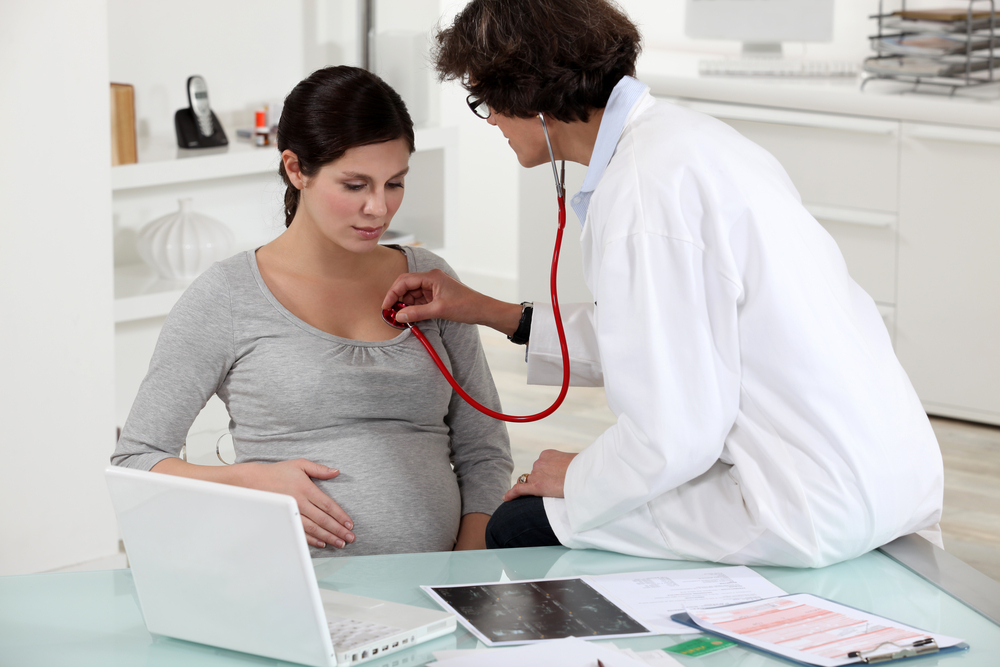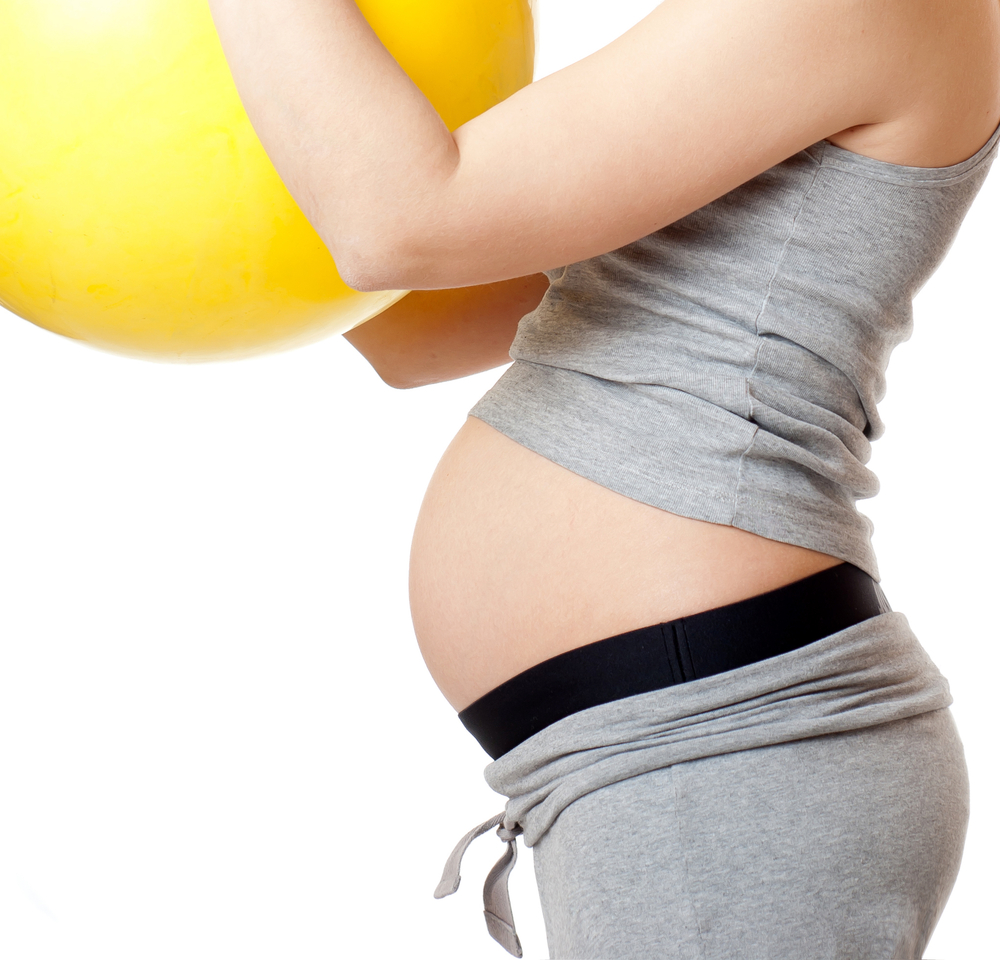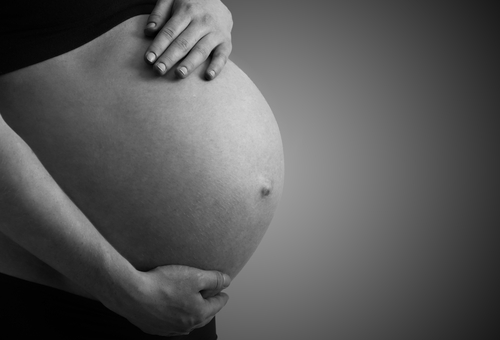7 Ways Pregnant Women Affect Babies

Get the world’s most fascinating discoveries delivered straight to your inbox.
You are now subscribed
Your newsletter sign-up was successful
Want to add more newsletters?

Delivered Daily
Daily Newsletter
Sign up for the latest discoveries, groundbreaking research and fascinating breakthroughs that impact you and the wider world direct to your inbox.

Once a week
Life's Little Mysteries
Feed your curiosity with an exclusive mystery every week, solved with science and delivered direct to your inbox before it's seen anywhere else.

Once a week
How It Works
Sign up to our free science & technology newsletter for your weekly fix of fascinating articles, quick quizzes, amazing images, and more

Delivered daily
Space.com Newsletter
Breaking space news, the latest updates on rocket launches, skywatching events and more!

Once a month
Watch This Space
Sign up to our monthly entertainment newsletter to keep up with all our coverage of the latest sci-fi and space movies, tv shows, games and books.

Once a week
Night Sky This Week
Discover this week's must-see night sky events, moon phases, and stunning astrophotos. Sign up for our skywatching newsletter and explore the universe with us!
Join the club
Get full access to premium articles, exclusive features and a growing list of member rewards.
Introduction

What a baby looks like and how it will act are, to a certain extent, determined by the genes the child inherits from it parents. But children's environments also play a role in whom they will ultimately become, and that environment starts in the womb.
Most expectant women are warned that drinking alcohol, smoking and even eating unpasteurized cheeses can have serious consequences for the growth and development of their unborn children.
But there are other ways in which a pregnant woman influences the later health of her child.
Nine months is "actually an incredibly short amount of time for so much growth," said Kim Yolton, a professor of pediatrics at Cincinnati Children's Hospital Medical Center. "There are so many things that have to fall exactly into place, or there can be problems," she said.
Here are seven surprising ways that pregnant moms can affect their babies, and tips for how they can protect their pregnancies.
Shed pounds before pregnancy

Maternal obesity increases the risk of a woman developing gestational diabetes or going into preterm labor, as well as the risk of obesity and diabetes in the child. Recent studies have also linked a woman's pre-pregnancy weight to her child's risk of asthma.
A study published in January found that nearly 12 percent of 1,100 children born to obese mothers had frequent wheezing at 14 months old, compared with less than 4 percent of those born to normal-weight mothers.
Get the world’s most fascinating discoveries delivered straight to your inbox.
Regular exercise can help. "Even if mothers were not active before becoming pregnant, they should strive to go on walks for at least 20 minutes, four times a week,” said Dr. Jennifer Wu, an OB-GYN at Lenox Hill Hospital in New York.
Drink coffee in moderation

Doctors and researchers have known that high caffeine intake during pregnancy may harm the fetus, but just how much caffeine may be harmful has been the subject of much debate.
The American College of Obstetricians and Gynecologists recommends that pregnant women limit themselves to 200 milligrams or less of caffeine daily, the equivalent to two cups of full-strength coffee.
However, a study published last month found that far less caffeine was associated with an increased risk for babies being smaller than normal at birth.
"If you have to drink coffee, keep it to less than six ounces a day. That's only half of a size tall at Starbucks," Wu said.
Avoid secondhand smoke

Living in a smoky environment has long been tied to asthma and breathing problems in kids, but new research suggests that even exposure to secondhand smoke in the womb may lead to health problems later on.
One study of mothers and children in China found that kids born to mothers exposed to secondhand smoke during pregnancy were more than twice as likely to develop attention and aggression problems by the age of five than the children of mothers unexposed to smoke.
Discuss antidepressants with your doctor

More than 13 percent of women take an antidepressant during pregnancy. Doing so may have lasting impacts on the developing fetus, according to recent review of studies.
The researchers found that taking a selective serotonin reuptake inhibitor (SSRI) while pregnant may be linked to a higher risk of miscarriages, birth defects, preterm delivery and behavioral problems, including autism. Around 3 percent of women who take antidepressants during pregnancy report using an SSRI.
Cognitive behavior therapy, which includes counseling but not medication, should be the first line of depression treatment in women of childbearing age, Alice Domar, a psychologist at a fertility clinic in Boston told reporters at a healthcare journalists meeting in March.
But taking antidepressants benefits women with mental health conditions. "Talk with your doctor about the medications you are taking before you become pregnant," Wu said.
Get your 'D'

Women thinking about getting pregnant may want to have their vitamin D levels tested, according to one recent study.
There's growing evidence that low levels of the "sunshine vitamin" during pregnancy may lead to health problems for mother and child, the researchers at the University of Calgary said. The review of more than 30 studies linked low levels of vitamin D to an increased risk of gestational diabetes, pre-eclampsia and lower birth weight.
Nuke your deli meats

Roughly 1,600 Americans yearly suffer from severe cases of listeriosis, a food born illness caused by the bacteria Listeria. About one in six cases occur during pregnancy, according to the Centers for Disease Control and Prevention.
Though the risk of getting listeriosis during pregnancy may be small, the effects can be grave. A Listeria infection can lead to premature delivery, infection in the infant and even stillbirth
Processed meats, such as hot dogs, deli slices and smoked salmon can become contaminated with Listeria before they are packaged. "The unfortunate thing about Listeria is that it can be anywhere," said Dr. Melissa Goist, an OB-GYN at the Ohio State University Wexner Medical Center. She recommended washing all fruits and vegetables and heating all processed meats to at least 150 degrees in the microwave before eating.
Guard against air pollution

Breathing outdoor air pollution caused by traffic, industry and even dust during pregnancy may slightly increase the risk that a baby will be born at a lower birth weight, according to a large, international study published earlier this year.
While women can't always change where they live or work, avoiding rush hour traffic as well as idling trucks, buses and cars may help.
One study published last year found that increasing the intake of fruits and veggies during pregnancy may help protect against the effects of air pollution.
 Live Science Plus
Live Science Plus





